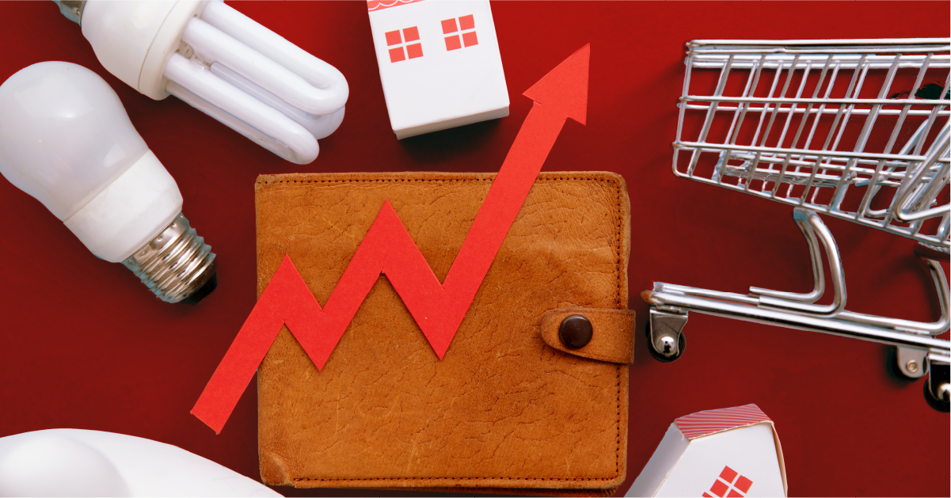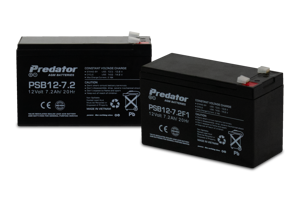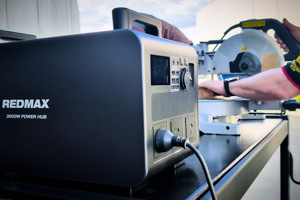How to Reduce Your Energy Bills
Inflation has been the talk of the town recently. The rising costs of food, fuel, rent and now energy, are leaving households and businesses across Australia scrambling to keep up. From the 1st of July onwards, millions of Australians in the eastern states will be hit with a huge power bill increase following the Australian Energy Regulator’s (AER) decision to raise the default market offer (DMO). Many of the nation’s biggest energy retailers have already announced price hikes. AGL will increase electricity prices up to 18 per cent for residents in New South Wales while Origin Energy customers will see a price increase of 10 to 14 per cent1. Even smaller energy companies such as ReAmped and LPE will be increasing their prices by 100 per cent while Discover Energy and Glo Bird will increase their prices by 285 per cent and 147 per cent respectively1.

If you are worried about the rising energy costs, here are a few things you can do to lower your power bills:
Invest in Renewable Energy Options
The demand for solar panels and solar batteries have skyrocketed in recent months. The use of rooftop solar and solar battery systems for power during nights, cloudy days and blackouts have made them popular. With more than 3 million Australian households and small businesses already using solar power and reporting a saving of $300 to $2,000 from their annual electricity bills, the demand for small-scale solar systems and battery storage are expected to grow significantly2.
An investment in renewable energy will not only help ease the pressure of energy price hikes but also help reduce reliance on the grid. To make solar and battery storage investments more affordable to households and businesses, State governments are offering rebates. Check your State government’s website below for more information on local solar battery rebate schemes, eligibility criteria and application deadlines:
To find the best solar battery for your needs, speak to our Energy team about our range of BAE solar batteries on 1300 769 282.
Insulate Your Space
Ensuring your house or place of business is well insulated could reduce your energy bills significantly. Windows contribute to up to 40% heat loss in a property which ultimately increases our dependence on heaters3. According to the Law of Thermodynamics, heat transfers from a hot place to a cold place. A small gap with insufficient insulation is all it takes for a loss of heat from your space. You can find these gaps by run your fingers along window frames and skirting boards to feel for colder spots or air flow.
Double glazing your windows is an excellent option for minimising heat loss but it is costly to do so and not an option for renters or owners on a budget. Cheaper insulation alternatives include insulation film, curtains with thermal backing and bubble wrap.
Be Mindful of Your Appliance Use
A range of factors determine your energy use and your total power bill for the quarter. While you may not have control over certain factors such as the climate or the direction the property faces, other factors like the energy efficiency of your major appliances and personal habits are within your control. Appliances such as fridges, ovens, washing machines, clothes dryers and air conditioners are some of the biggest energy drainers and contributors to your power bill4.
The next time you are in the market for a new appliance, choose energy-efficient models by looking at the Energy Rating Label. Energy-efficient appliances may cost a bit more upfront but they will help you save money in the long-run. The Energy Rating Label provides an estimate of how much energy (in kilowatt-hours or kWh) the appliance will use over a year based on average usage. The higher the number of stars on the Energy Rating Label, the more energy efficient the appliance is.
Here are some more tips to help save power:
- Washing machines – Use a cold water cycle if possible. If you need to use hot water, try to keep it below 60 degrees Celsius. A hot water cycle can use up to 10 times more energy than a cold cycle.
- Air conditioner – Depending on where you are in Australia, set the temperature to 18 to 20 degrees Celsius for heating and 25 and 27 degrees Celsius for cooling.
- Hot water systems – The recommended setting for thermostats is 60 degrees Celsius for storage hot water systems and no more than 50 degrees for instantaneous systems.
Investing in solar panels and battery storage systems, insulating your space and being mindful of appliances are some of the many ways you can reduce your energy bills in the future. If you are looking to be less reliant on the grid and generate renewable energy for your home or business, visit your local R&J Batteries branch or call 1300 769 282.
Sources
- https://7news.com.au/business/energy/millions-of-australians-set-for-energy-bill-price-hikes-c-7351017
- https://www.theguardian.com/environment/2022/jun/19/demand-for-rooftop-solar-batteries-spikes-as-eastern-australian-energy-prices-soar
- https://www.yourhome.gov.au/passive-design/glazing#:~:text=Key%20points,its%20heat%20gained%20through%20windows.
- https://www.canstarblue.com.au/electricity/the-most-energy-draining-appliances-in-your-home/



